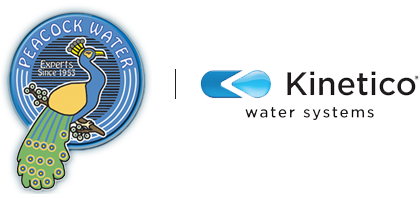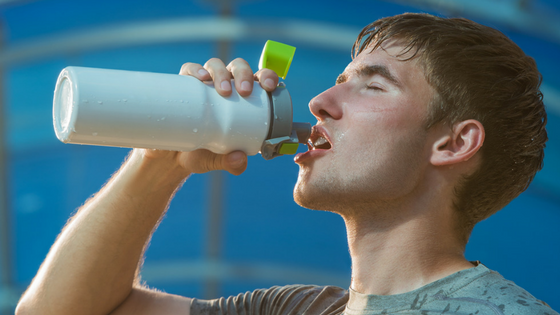Your family piles into the car after the big game, and your student athlete is dripping with sweat after exerting some major effort. Should you hand them a sports drink or good old-fashioned H2O? Which one is going to help them recover better? If you’re like most parents, you probably don’t really know the answer, so let’s take a look and see!
What do sports drinks do for the body?
Most sports drinks help to hydrate the body and replenish it with electrolytes, allowing athletes to recover after a tough workout. Proponents also point out that sports drinks recharge the body’s energy with carbohydrates.
What are electrolytes and why do we need them?
Put simply, electrolytes are salts (yes, salts!), specifically sodium, potassium, calcium and magnesium. Electrolytes work to maintain fluid levels in the body; they help the body sweat. When the body loses too many electrolytes, other body processes can be affected: blood pressure, heart beat, even breathing. That is why it is important to replenish lost electrolytes.
Sports drinks vs. water
Unless you are a professional athlete or participating in a very intense workout of an hour or more in duration, drinking water and maintaining a healthy diet will probably be enough. It is helpful to hydrate before, during and after the workout. For some parents, it is difficult to get children to drink enough water. So, if your child does not prefer the taste of plain water, try adding a squeeze of fresh lemon or orange juice.
For a very intense workout (cross country, soccer, basketball, etc.), the addition of electrolytes and carbohydrates may help in recovery. In that case, you could offer your young athlete a sports drink, if you don’t mind the extra sugar and artificial ingredients.
For those parents who prefer to avoid these unnecessary ingredients, your student can also rely on water and a healthy snack to naturally replace electrolytes. Look for foods that are rich in electrolytes and potassium, such as:
- Bananas
- Dates
- Raisins
- Orange (or orange juice)
- Avacados
- Spinach
- Potatoes
- Milk (chocolate milk is increasingly recommended after a workout)
When all is said and done, sports drinks really are not necessary for most student athletes. The important thing is to read the labels carefully and make an informed decision. When in doubt, you can always consult your child’s physician for his or her recommendation.
Nothing will be better for your child than a healthy diet, plenty of water and lots of rest to have plenty of energy the natural way.


